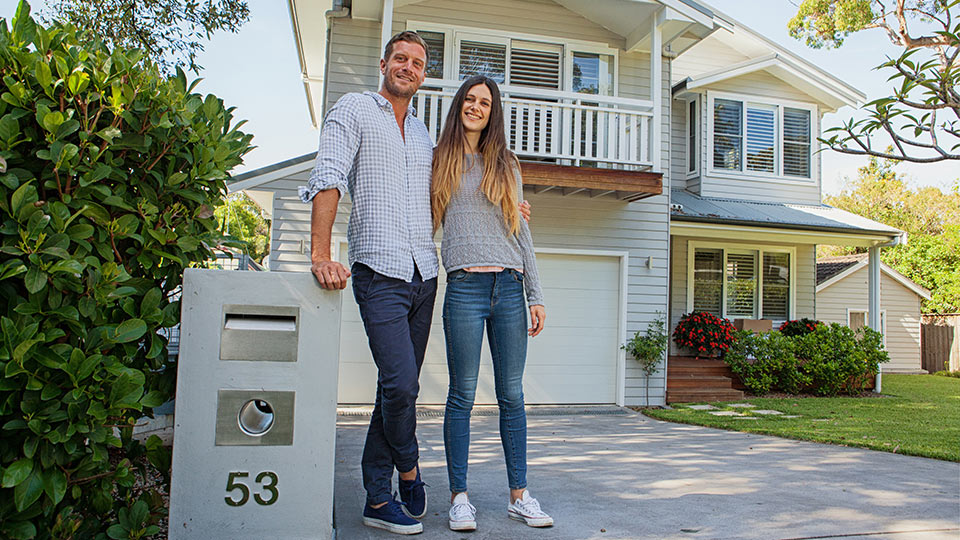December 14, 2020
Real estate: Top tips for property investing

There is much more to real estate investment than just buying a property.
Real estate investment demands constant attention from landlords to ensure that their investments deliver the required returns.
Here is our guide to the buying, owning, and selling stages of real estate investing:
Buying an investment property
When it comes buying an investment property, research and planning are key.
Before you start your real estate journey, make sure property investing is the right strategy for your wealth goals and weigh up whether you should put your money into property, shares, or other investments.
One essential thing to do when buying your first investment property is to set your budget before starting the property hunt.
Organising pre-approval through your lender will save you time and energy looking at properties that are outside your reach.
The type of tenants that you are trying to attract should influence the type of property that you choose to buy. Additionally, you should consider the amenities that your target market would like.
Real estate investing also comes with numerous tax implications, depending on whether the property is negatively, positively, or neutrally geared.
There are a range of expenses that real estate investors can claim from owning and managing an investment property, including council rates, advertising, and land tax.
Claiming tax deductions on property expenses is complex, so it’s best to speak to a financial advisor about your specific situation.
Owning an investment property
Landlords are required to follow renting laws, which differ among states and territories and can change over time.
For example, new laws introduced in Victoria last year mean landlords face tighter rules around raising rents.
The state also introduced new rules that allow renters to keep pets at a rental property, although they need written permission from the landlord.
The COVID-19 pandemic has also impacted real estate investors, with bans on evictions and questions around insurance options for residential landlords.
There are many laws and rules that landlords need to keep in mind, so consider appointing a property manager to look after your property and ensure its financial management.
Selling an investment property
If you plan to sell your investment property, you need to consider whether to sell your investment property vacant or tenanted.
Vendors often keep the tenants during the sale of their property to generate income throughout the selling period and provide investor purchasers with a tenant on settlement.
However, the process of providing vacant possession is relatively simple, so long as the settlement period allows sufficient time to issue and serve the tenant with a notice to vacate.
Get real estate investing advice from our experts
No matter what stage you’re at in your property investment journey, the experienced property team at LDB Group can help.
LDB offers a range of real estate and property management services, owners corporation management, and project management, as well as lease and tenancy negotiation expertise and advocacy for buyers and sellers.
For tailored property investment advice, give us a call on (03) 9875 2900 or send us your details via the contact form below.





